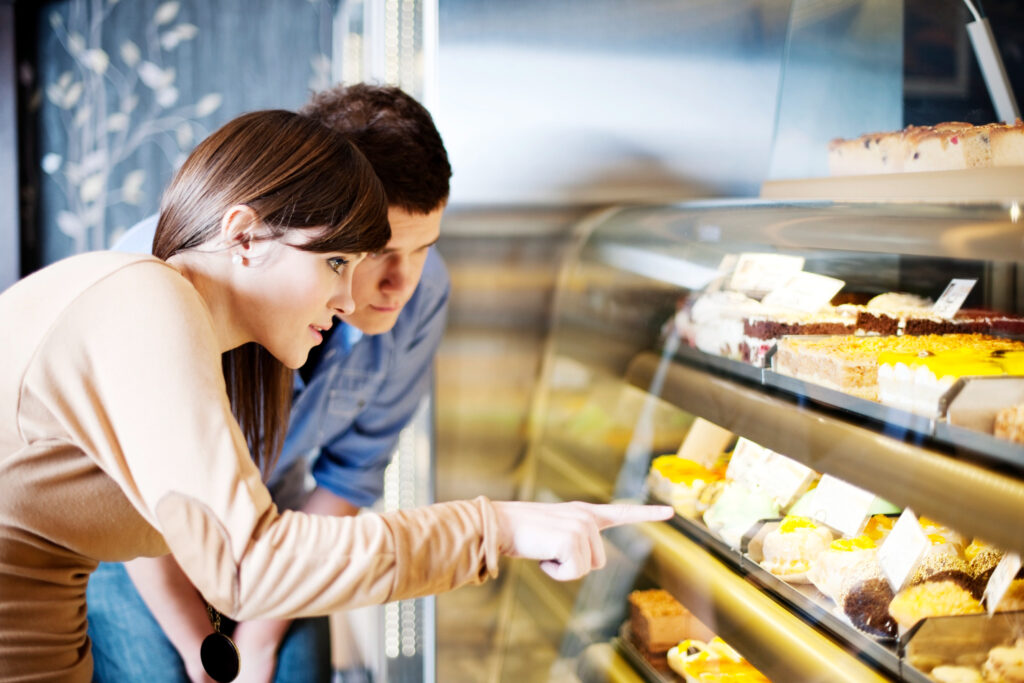
Open source Input-Output LCA model and tool to estimate life cycle impacts of products and services
- Tool


Open source Input-Output LCA model and tool to estimate life cycle impacts of products and services

Biomass energy, or bioenergy, is energy produced from renewable biomass, for which the assessment of environmental impacts through life cycle assessment (LCA) presents a number of challenges, in particular methodological ones. The general objectives of this study are to analyze current practices for carrying out LCAs of biomass energy, and to provide recommendations on current and future best practices.

Food choices have a significant climate impact, which can be unknown to the public. The CIRAIG, commissioned by Polytechnique Montréal, has been tasked with calculating the climate-warming impact of the menus offered by the cafeteria, aiming to enable students to understand the impact of their meals and change their eating habits to reduce it.
Privacy Policy | Cookie Policy | Manage consent
© CIRAIG 2022 – 3333 ch. Queen Mary, Montreal, QC